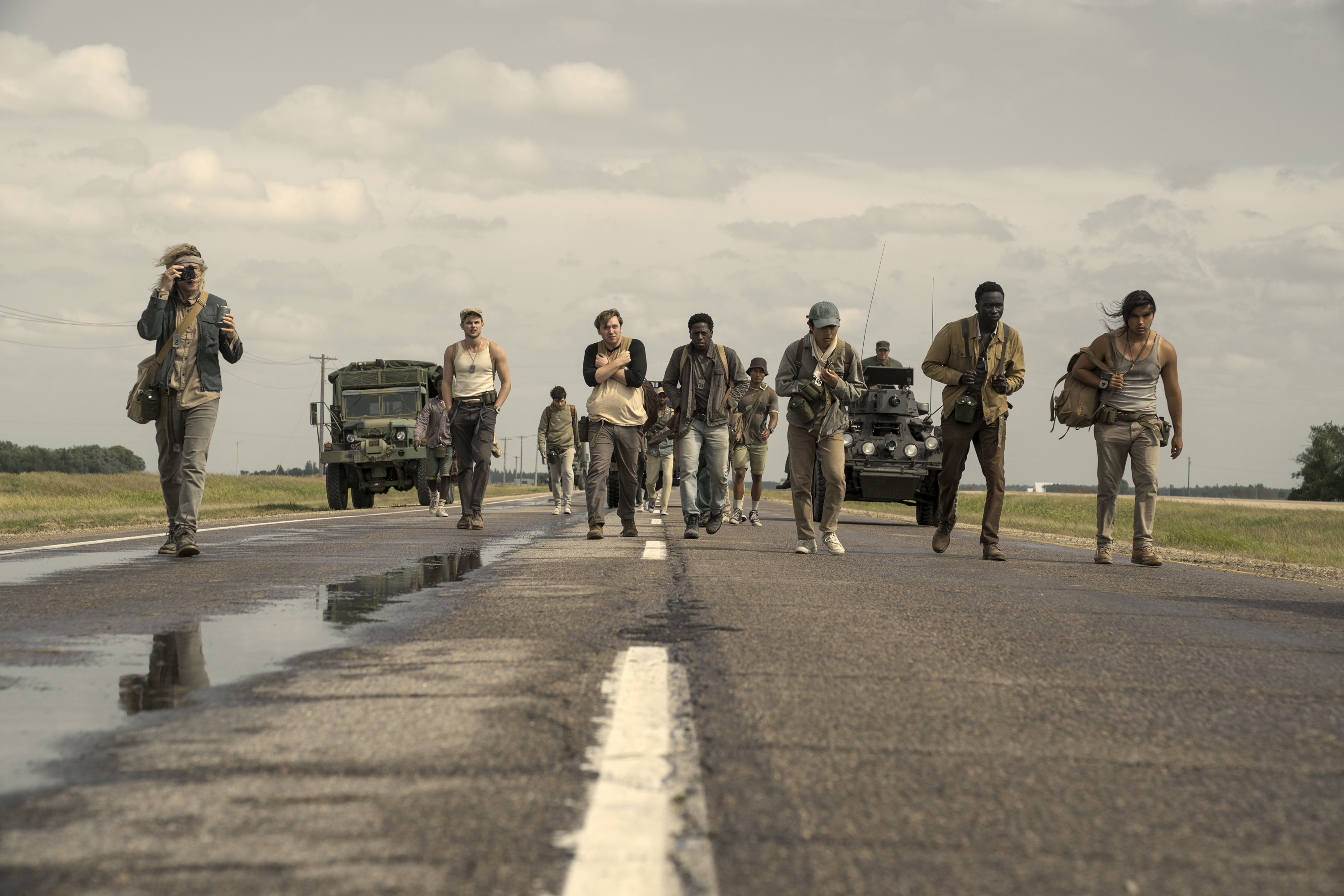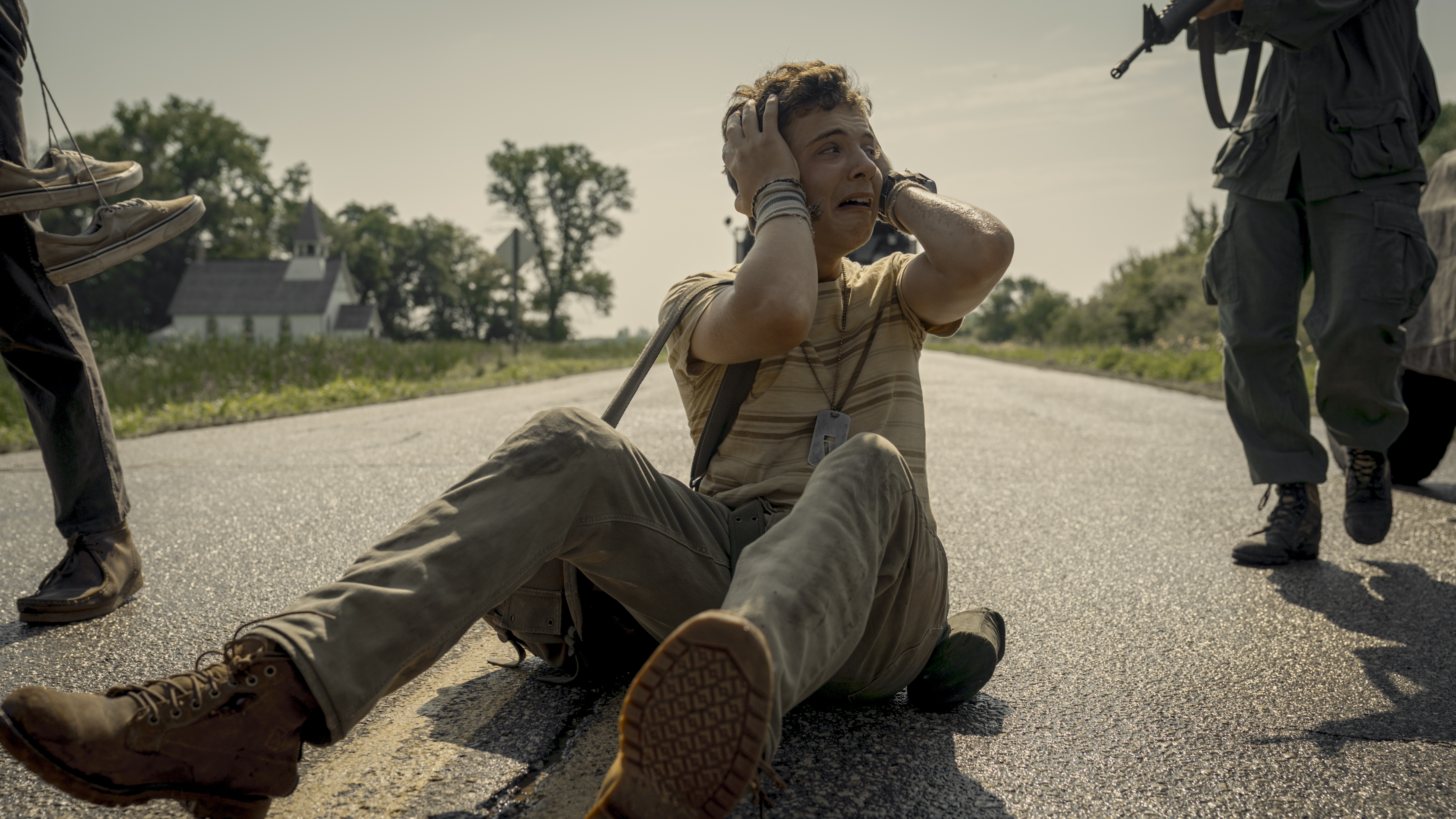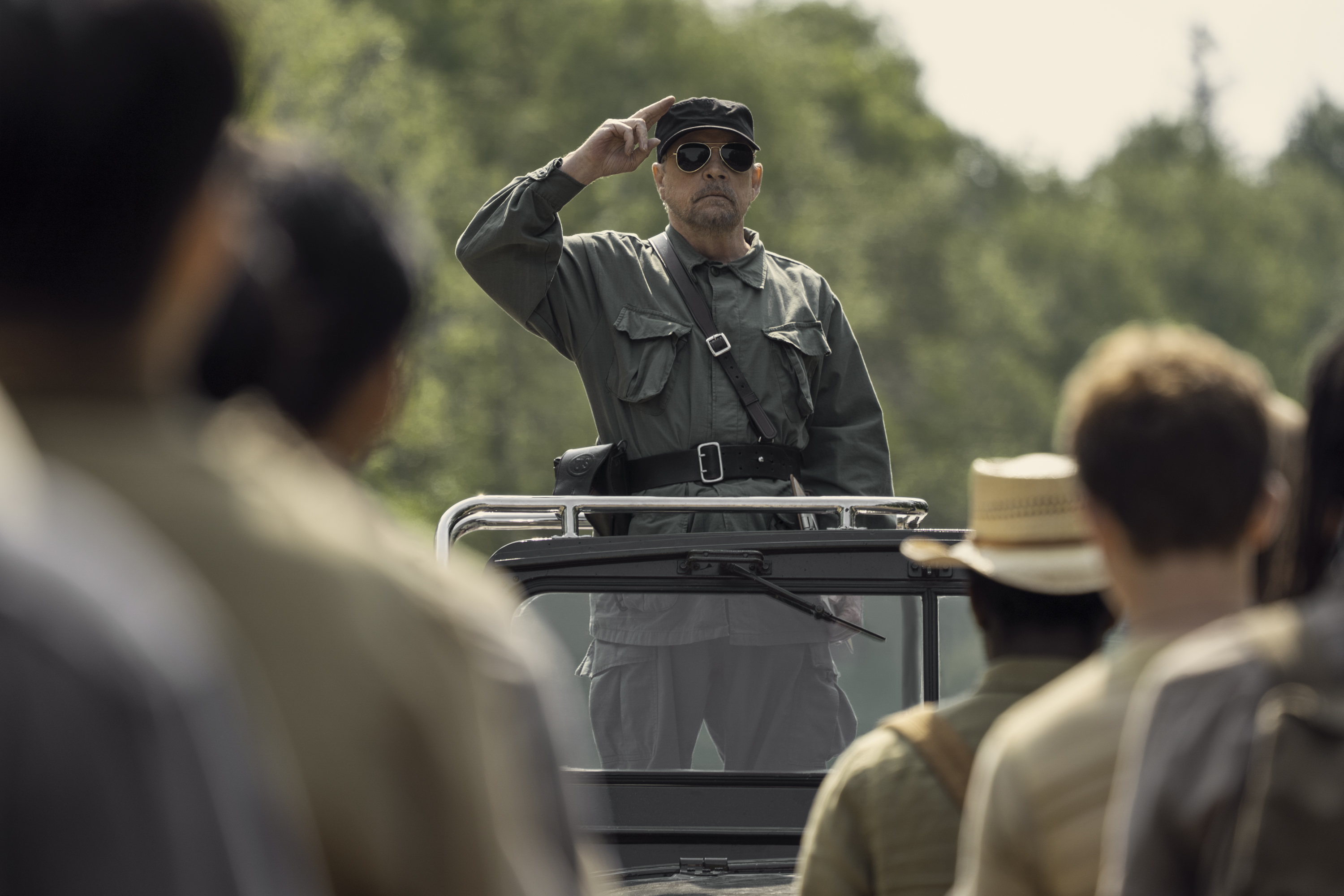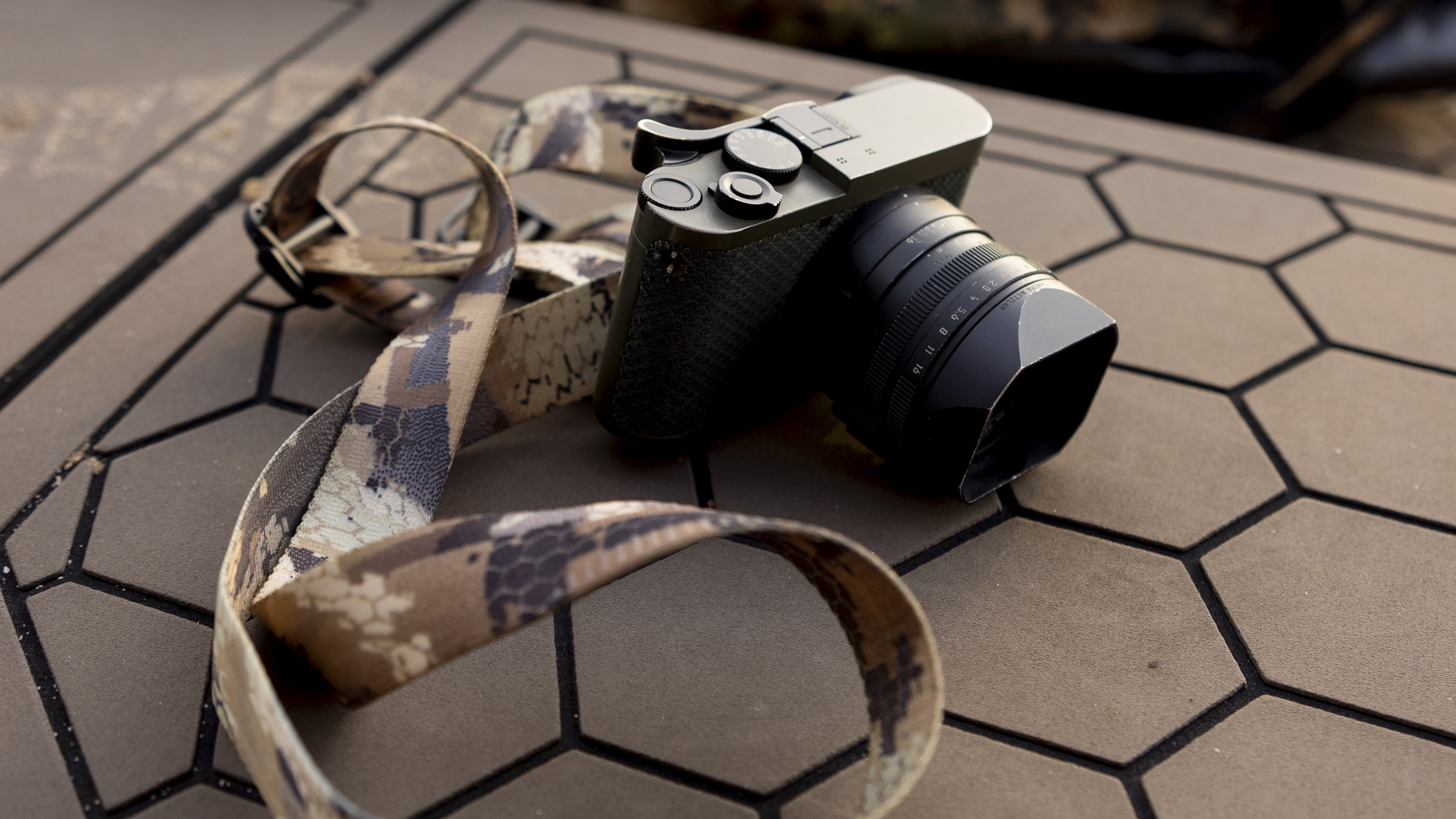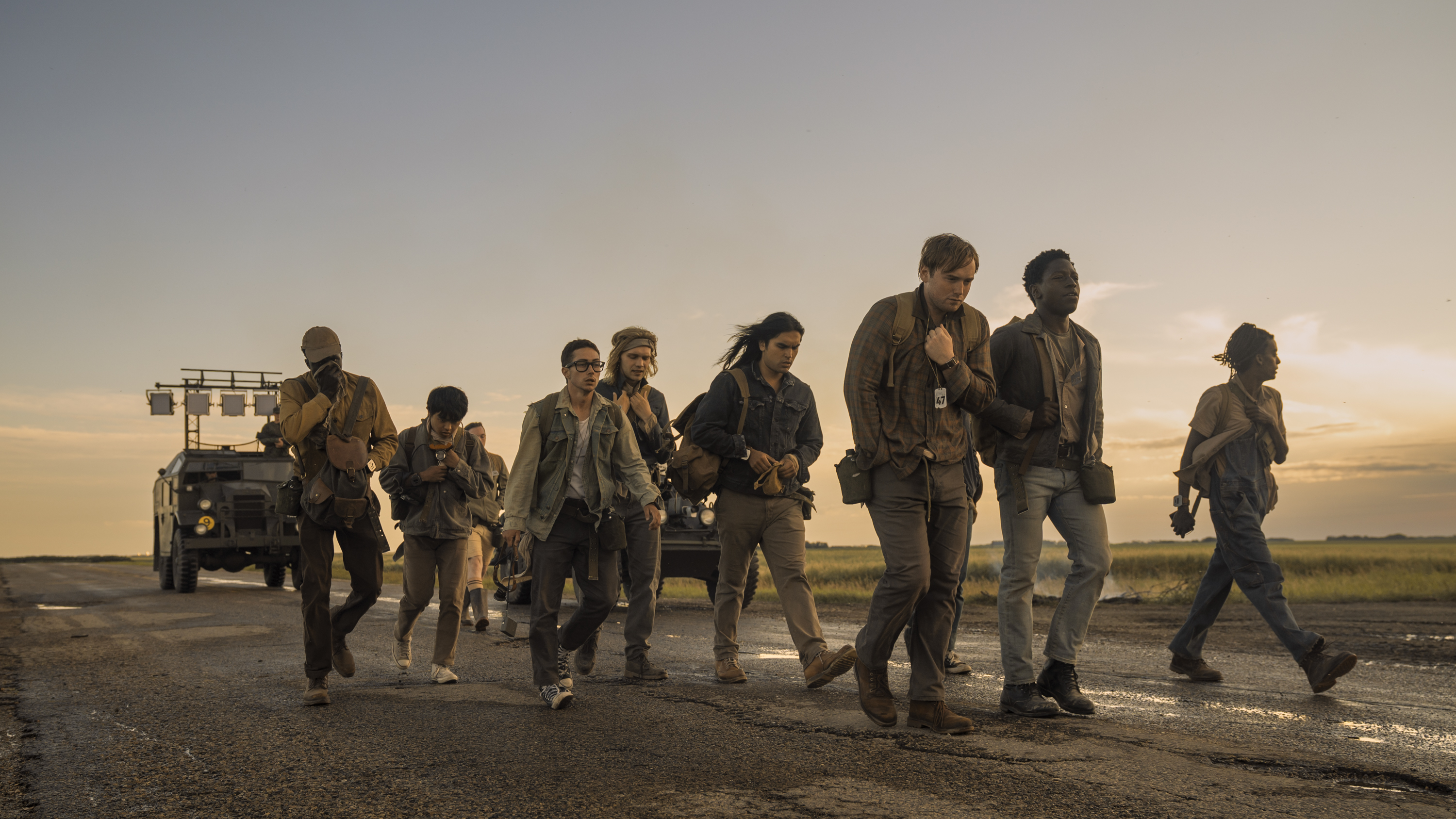
Last weekend, I wandered into my local cinema with zero expectations and even less information. My wife had invited me to see a film called The Long Walk, which I knew nothing about. What followed was the most visually arresting cinema experience I've had in years.
First, a warning: this is a brutal film. The story revolves around a dystopian competition where young men walk until they drop dead; Stephen King at his most merciless. But what got my pulse racing wasn't the cruelty; it was how astonishingly beautiful every single frame looked.
Let me be clear. Director Francis Lawrence has crafted something here that feels more like a feature-length photography exhibition than a movie.
There's a shot early on where the boys are silhouetted against a massive dam at sunrise, the rushing water creating this otherworldly soundscape while the light catches the exhaustion already creeping across their faces. It's the kind of image that feels like it belongs on a gallery wall, not buried in a multiplex showing between superhero sequels.
The cinematographer Jo Willems, too, deserves a standing ovation. Consider the recurring motif of the endless highway stretching toward the horizon: it should be monotonous, repetitive, boring as hell. Instead, each variation feels like a different artist's interpretation of the same subject.
Sometimes it's bathed in golden hour light that makes the asphalt shimmer like water. At others it's shrouded in pre-dawn mist that transforms the walkers into ghostly figures emerging from nowhere. There's one particular aerial shot, where the line of boys curves along a rural road, that Gregory Crewdson would have been proud of.
Why it's different
But here's what gets me: the film was shot entirely in chronological order. And this isn't just production trivia: it fundamentally affects how the movie looks and feels. You can literally watch these actors physically deteriorate, frame by frame.
The best camera deals, reviews, product advice, and unmissable photography news, direct to your inbox!
As the drama progresses, the camera captures every blister, every moment of genuine exhaustion, every real bond formed between cast members who were actually living through a version of what their characters experienced (minus the bloody deaths, of course).
What Lawrence understood is that the real drama isn't in the dystopian world-building; it's in the faces. The camera becomes obsessively focused on expressions, on the micro-changes that happen when someone realizes they're about to die, on the way exhaustion strips away all pretense.
Can we have more?
All of which makes me wonder how often we'll get to have these big-screen experiences in the future. I'm not naive about cinema's challenges. Streaming has taken away much of the box office, audiences seem content with mediocrity delivered to their living rooms, and the art of cinematography often feels like a lost craft in our CG-dominated landscape.
But then something like The Long Walk comes along and reminds you what cinema can achieve when filmmakers still give a damn about visual storytelling. This isn't just a movie: it's a masterclass in how every frame can carry emotional weight, how beauty and brutality can coexist, and how the camera can become a character in its own right.
Francis Lawrence has created something that transcends its source material and its genre. He's made a horrifying film that's also one of the most beautiful things I've seen. So in an era where so many movies feel disposable, The Long Walk feels essential: not just as entertainment, but as art. I urge you to go see it.
Tom May is a freelance writer and editor specializing in art, photography, design and travel. He has been editor of Professional Photography magazine, associate editor at Creative Bloq, and deputy editor at net magazine. He has also worked for a wide range of mainstream titles including The Sun, Radio Times, NME, T3, Heat, Company and Bella.
You must confirm your public display name before commenting
Please logout and then login again, you will then be prompted to enter your display name.
